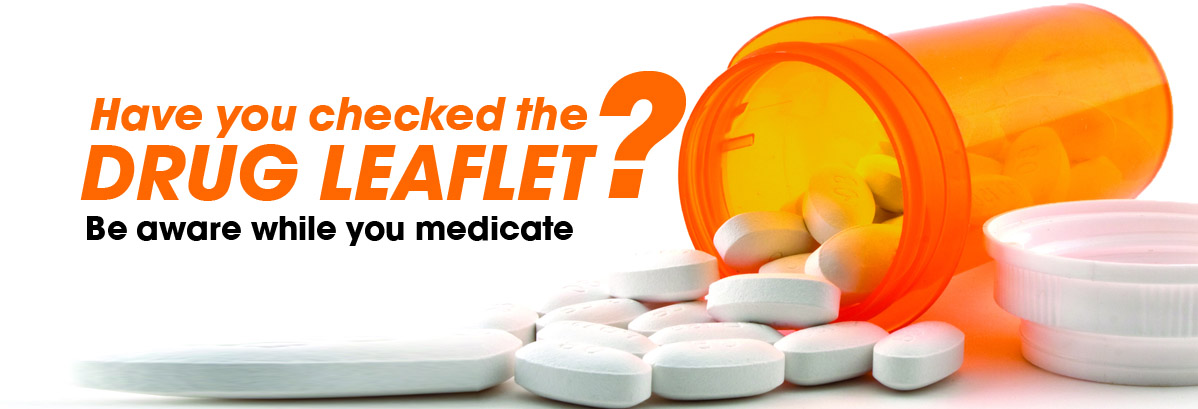

"My SJS Passport" is a booklet that has been developed by members of a Drug Safety Patient and Public Involvement group at the University of Liverpool, in collaboration with SJS Awareness UK.
It was created for use by people who have been diagnosed with Stevens-Johnson Syndrome (SJS) or Toxic Epidermal Necrolysis (TEN). The passport can also be used by a family member, friend or someone caring for a person with SJS/TEN. The passport allows you to record information about your diagnosis, medications, allergies, treatment plan and other important information that you may wish to share with the health professionals looking after you.
The patient group developed the passport with the hope of providing a more co-ordinated approach to your care after diagnosis. The passport has the potential to prevent you from having to repeatedly explain about your condition and current treatment plan each time you attend an appointment.
The passports are available to use and can be obtained via SJS Awareness UK.
How can you help?
We are asking people with SJS/TEN to complete a short questionnaire to tell us how they feel about the passport once they have been using it for approximately six months.
This study hopes to find out if the passport is helpful and any information we collect will be used to refine future versions.
If you are interested in taking part or would like to know more, please contact Anita Hanson on 0151 7955403 or This email address is being protected from spambots. You need JavaScript enabled to view it.
Click to view the SJS Passport Evaluation Poster
The "MOL-GEN" (Molecular Genetics) research study is designed to understand why certain people experience side effects to medicines. The study is looking at genetic and other factors including age, medications that people take, allergies and ethnicity, with the aim of developing genetic tests that will help to predict which people are more likely to experience a reaction. Altering the dose or prescribing an alternative medicine according to a person’s genetic makeup, could help maximise the benefit of the treatment while reducing potential side effects.
This research study is being run by the Wolfson Centre for Personalised Medicine, based at the University of Liverpool.
How can you help?
As a participant in this research study, you would be asked to:
If you are interested in taking part or would like to know more, please contact Anita Hanson on 0151 7955403 or This email address is being protected from spambots. You need JavaScript enabled to view it.